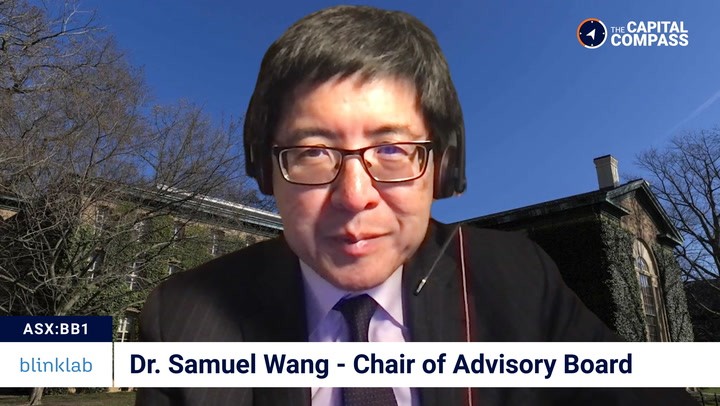- Biotech company Kazia Therapeutics (KZA) is reporting further positive indications in its phase two study of novel drug paxalisib for glioblastoma
- While the study is still ongoing and the results cannot be considered final, early indications demonstrate the potential of the novel treatment
- Two key metrics are showing the most significant results compared to the current standard of care – namely median overall survival (OS) and progression-free survival (PFS)
- Stage one analysis indicates an OS improvement from 12.7 months to 17.7 months, and PFS also increased from 5.3 to 8.4 months
- The company expects to complete the study in the first half of 2021
- Kazia Therapeutics is up 3.26 per cent to 47.5 cents per share
Kazia Therapeutics (KZA) is reporting further positive indications in its phase two study of novel drug paxalisib for glioblastoma.
Glioblastoma is the most common and most aggressive form of primary brain cancer.
The reports come from a presentation to the American Society of Clinical Oncology Annual Meeting, one of the premier scientific conferences in the world for cancer research and treatment.
Positive indications
While the study is still ongoing and the results cannot be considered final, early indications demonstrate the potential of the novel treatment.
Two key metrics are showing the most significant results – namely median overall survival (OS) and progression-free survival (PFS).
OS showed the most notable increase when compared to temozolomide, the existing standard of care. Analysis of stage one of the study indicates an OS improvement from 12.7 months for temozolomide to 17.7 months for paxalisib.
PFS also increased from 5.3 to 8.4 months, a “clinically material advantage” according to Kazia.
The Kazia study is being conducted in newly-diagnosed glioblastoma patients, following surgery and radiotherapy.
One very significant feature of the study is in the fact Kazia is only recruiting patients who exhibit an unmethylated MGMT promotor. This genetic marker renders patients effectively resistant to temozolomide and is present in approximately two-thirds of all patients.
If paxalisib proves effective in this cohort, it could have big implications in both the treatment of glioblastoma, and Kazia’s entry into the $1 billion per annum market for glioblastoma treatment.
Kazia CEO Dr James Garner says the early data is very promising.
“As we have previously said, the gold standard for any new cancer drug is the ability to extend life, and we are seeing evidence from this study that paxalisib may achieve this very challenging goal,” he stated.
Next steps
The phase two study is ongoing, with around half the patient population still receiving the drug at the time of analysis, and a number of other patients in follow-up. Kazia expects to complete the study in the first half of 2021.
The company says it expects to begin recruitment to the international GBM AGILE
pivotal study in the second half of 2020, which will be another major step towards commercialisation of paxalisib.
More data read-outs from the phase two study are expected over the next six months.
Kazia Therapeutics is up 3.26 per cent to 47.5 cents per share as at 1:38 pm AEST.








